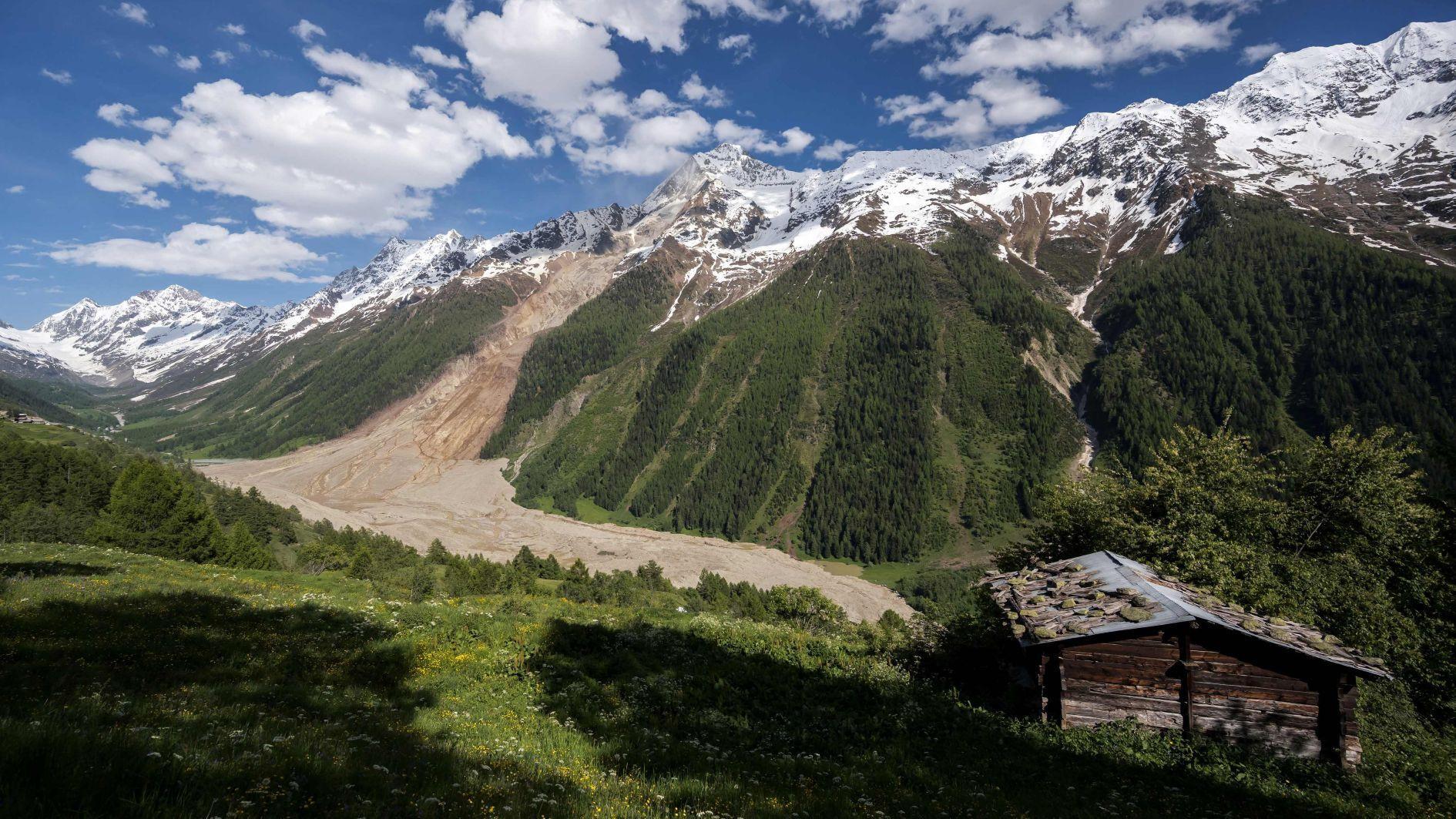
The dramatic collapse of Switzerland's Birch glacier, which wiped out a village, is an unprecedented disaster likely to cost hundreds of millions of dollars, the Swiss Insurance Association said on June 2.
This is a "major disaster that is virtually unprecedented in its scale and impact on the affected population," the SIA industry body said in a statement.
It is not yet possible to give a "precise estimate of the extent of the damage," it said.
However, Eduard Held, the association's specialist in damage caused by natural hazards, expects "a loss of several hundred million francs," the statement said.
On May 28, the Birch glacier collapsed, sending scree, ice and mud hurtling down into the Lotschental valley in Switzerland's southern Wallis region.
The disaster destroyed most of Blatten, which had been home to 300 people and was evacuated the week before due to the impending danger.
Houses which escaped the landslide have become submerged in an artificial lake as the two-kilometer-long barricade of debris blocks the river Lonza in the valley floor.
"Our first thought is the victims who are currently in a very difficult situation. Private insurers are striving to provide them with assistance as best they can and without unnecessary formalities," said Held.
The Birch glacier was below the 3,342-meter high Kleines Nesthorn peak.
Experts said it was too early to make a direct link to climate change, but told AFP that thawing permafrost in the cracks in the rock likely played a role in destabilizing the mountain.
A 64-year-old man, believed to have been in the danger zone at the time, remains missing.
Speaking at a conference in Geneva, Celeste Saulo, the head of the World Meteorological Organization — the United Nations' weather, climate and water agency — called the disaster "a potent warning about our warming world."
"But behind the shock, it's a message of hope," she added.
"Early action avoided human losses. From understanding risk to effective forecasts, communication and evacuation, early warnings and early action work. They save lives."